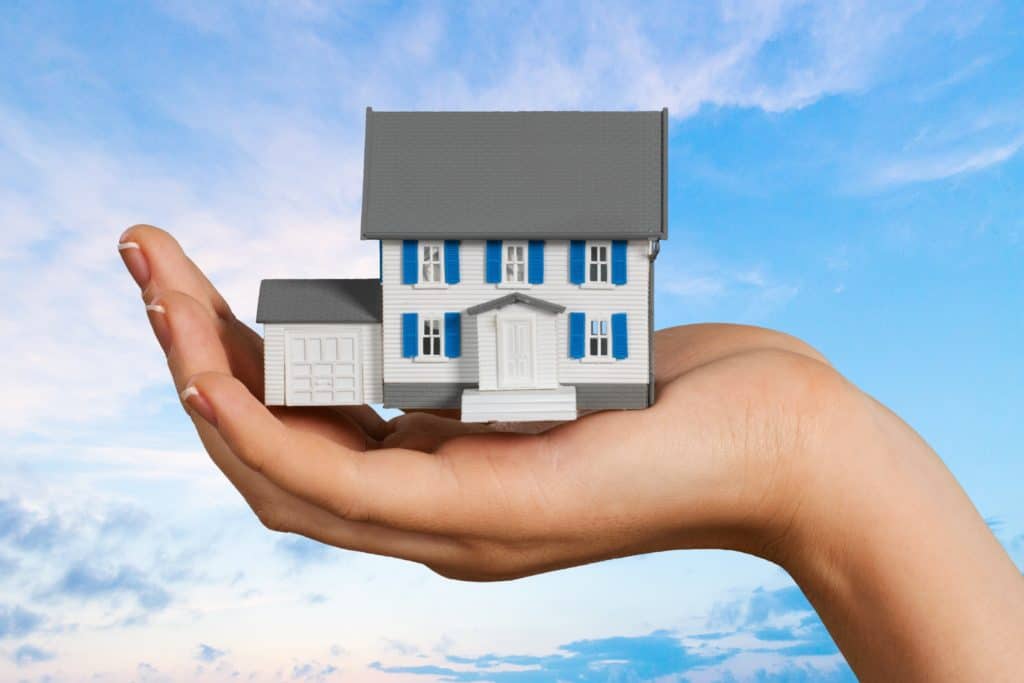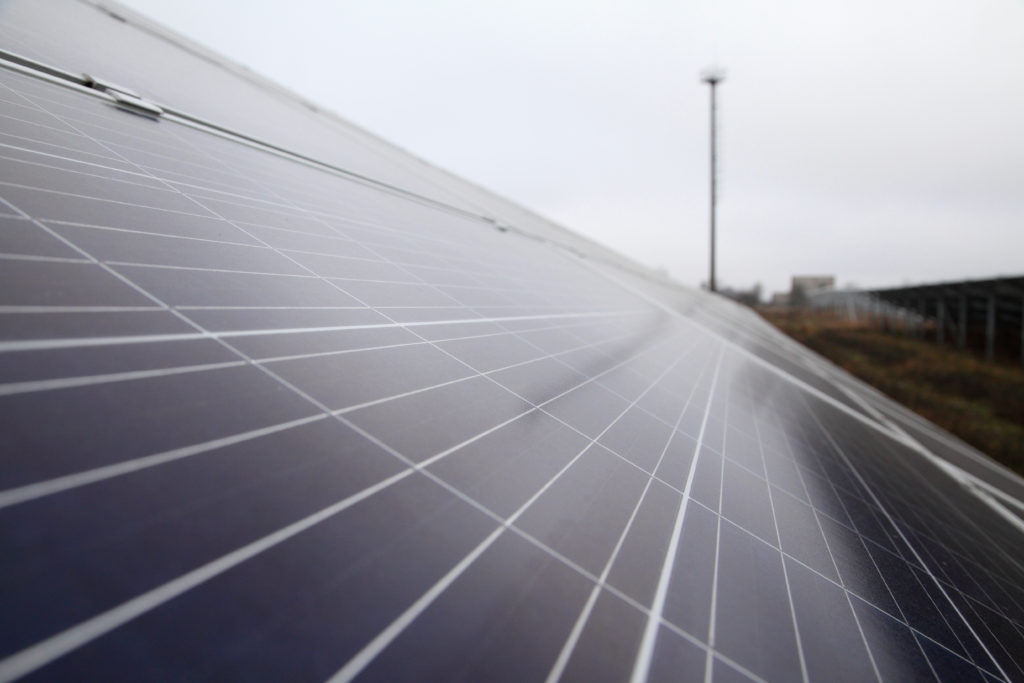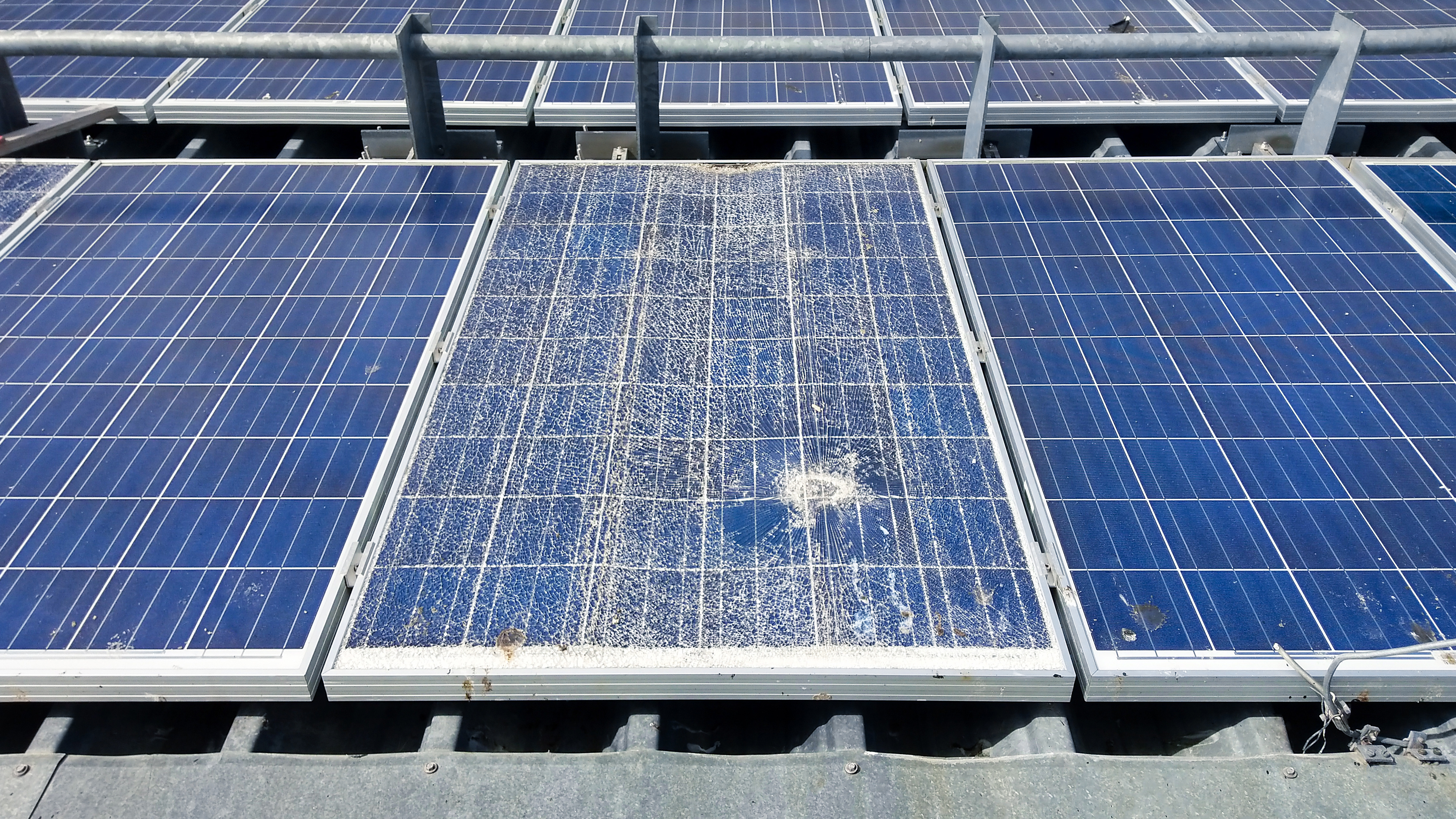
Solar panels are a great way to utilize good, clean energy. The question is, will it increase your insurance premium? Here’s what you need to know.
Because panels are so pricey, it is likely that your premium will be increased if you choose to go solar. Your coverage limit will probably go up as well when replacement costs are factored into it; generally, the higher your coverage limit, the higher your insurance premium will be.
There are definite pros and cons to having solar panels and an increased insurance premium. Here are a few to consider.
What is an insurance premium?
An insurance premium is, essentially, the amount of money you pay on either a monthly or yearly basis. The time of payment is usually dependent upon the company’s policies, though it is often a matter of personal choice. Obviously, you will end up having to pay more money for an increased insurance premium, but on the plus side, you will be covered for any and all damage or replacement costs that come with owning solar panels.
Whether or not your panels will be covered by insurance depends entirely upon the company you’re going through. Generally, most insurance companies will cover solar panels if they are mounted on the roof of your home. If you have a ground mounted or carport system, you may have to sign for a separate policy in order to be completely covered. If your solar panels are not a permanent home fixture, they might be prone to more damage. When this is the case, your insurance company will most likely require you to purchase extra coverage. Extra coverage might be a good idea, especially if you live in an area prone to hurricanes or tornadoes. Consult with your insurance agent before making any decisions. Again, the requirements for coverage vary by insurance company so make sure you know what you are getting into.
Your insurance may not cover installation damage so be sure you are ready to take that risk. This is one of many things that you ought to check with your insurance agent about. If you have a team of professionals doing the installation, damage is pretty unlikely. It is an unlikely scenario, but it is always better to be safe than sorry since possible damage could be fairly strenuous on your home and your wallet if you don’t have adequate coverage. The next question to ask, then, is: are solar panels worth all the hassle?
Pros to Solar Panels

Solar panels have grown steadily more popular over the years, and for good reason. First of all, solar panels are quite durable. The average life expectancy of good solar panels can be as long as 25-30 years, a bit longer than traditional power units. During severe weather, it is possible that your solar panels will get damaged from things such as falling limbs/debris, but damage is difficult to do to a solar panel.
Solar energy is also a good way to potentially lower your electricity bill. Installing a system might be expensive up front, but in the long run, it is possible that those costs will be balanced out. There is every chance that you can lower or even terminate your electricity bill altogether. It is also nice to not have to be accountable to an electric company, especially during bad weather. In the event of a power outage, there is every possibility that you will be spared the headache of having no power, as your solar panels might function just fine during the outage.
Another perk which is the main reason many people choose to go solar, is the environmentally friendly energy. Using solar panels helps you to reduce your carbon footprint. You can save money and the environment at the same time! It is also nice to have reduced maintenance. Solar panels do require cleaning once in a while, especially after severe windstorms which can kick up a lot of dust and debris. It is also necessary to clear off heavy layers of snow that have fallen. Other than that, solar panels require little maintenance and even less repair/replacement. It takes work up front, but in the long run, using solar energy is a great way to go!
Cons to Solar Panels

Unfortunately, there are still a few drawbacks to using solar energy that must be considered. One in particular is the up front cost. While there is every possibility that any loss you endure through the installation process could be made up in the long run, there is not always a guarantee. Additionally, while solar panels are functional in more climates than people would think, where you live will either make or break the solar experience. Weather that is too severe will prohibit your solar system from functioning very well. Your home’s location makes a difference too. You may want to reconsider owning solar panels if your house is in a generally shaded area. They do not work particularly well at night, either. Many solar systems can store up power for the night, but this is not always the case, especially if the weather is not agreeable.
Another downside to consider (perhaps one of the largest) is that you cannot usually take your system with you when you move. There are ways to do it, but it’s nothing easy. Taking your solar panels with you means uninstalling all the panels from the roof, plus the racking that holds them to the roof. Doing so will leave holes in the roof where the bolts used to be that will then require patching. They will then have to be transported to your new location and the process will have to be repeated in reverse. Both procedures will have to be paid for, and neither will be cheap. Most people would rather not have to deal with the hassle.
There is also a possibility that your home is not strong enough or durable enough for solar panel systems. You will definitely want to research this before installing. If your roof is old or outdated, you will either have to pay for extra support for the system, or else you’ll run the risk of caving in the roof.